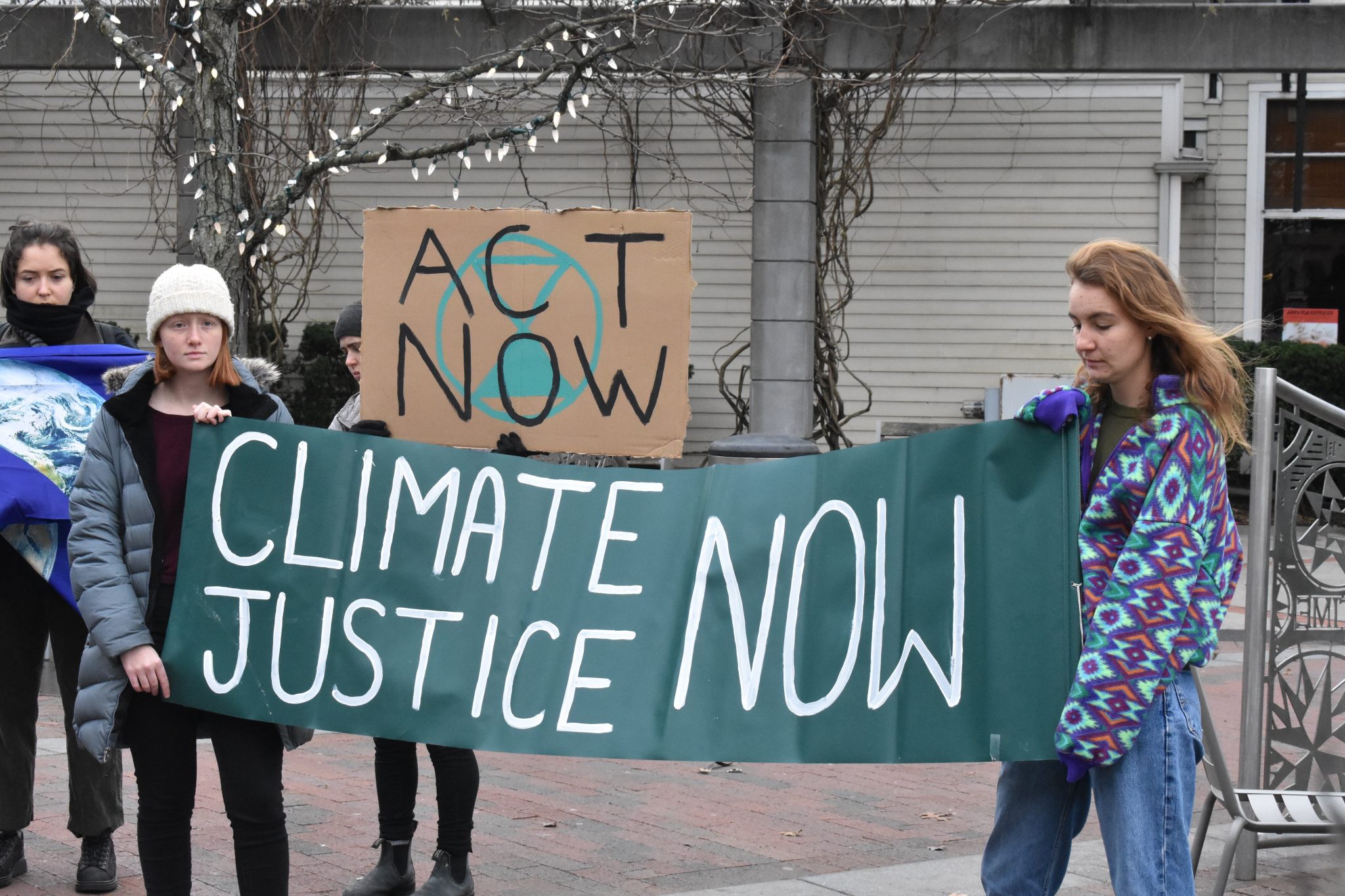By Huck Fairman
With the election of President Joe Biden, who has stressed the need to deal with our
environmental challenges, a number of observers have responded positively, while
also warning that the world cannot afford to fall short in efforts to reduce and reverse global warming.
Among them is Professor Michael Oppenheimer of Princeton University. In an online conversation, he had several points to make. First among them was the importance of President Biden returning this country to the Paris Climate Accord. The reason is, of course, that no nation alone can solve the climate crisis by itself. While the United States and China produce the most emissions, still the emissions from other nations add significantly to the heat trapping gases holding solar energy in our atmosphere. Unfortunately our atmosphere has already warmed by approximately 2 degrees Fahrenheit – a level predicted some decades ago to be dangerous and unhealthy.
Another part of the carbon dioxide problem is that forests which have absorbed much of that heat-trapping gases, which civilization has produced, are being cut down, just when they are needed more than ever. Clearly all nations should contribute to both the reduction of emissions and the capturing of them through trees and grasses. Oppenheimer cautions that the world can’t afford “free riding” by some nations.
A second point he makes is that while many are aware of the exacerbating effects that global warming causes or intensifies, seen in our West Coast wildfires, in rising sea levels in Florida and the Gulf Coast, and in the number of strong hurricanes hitting the Caribbean and our coasts, less visible are the impacts of heat. The increasing heat has already reduced food production in many places around the world, and has increased sickness as viruses and insects spread health problems. Moreover, the oppressive heat is a drain on energy and abilities to address problems and maintain economies. And again, while many nations have spoken of joint action to counter these developments, not all nations – including ours – have acted to the degree they should.
Among the problems holding global action back is the feeling, among less-developed nations, that the industrial nations should lead in reducing emissions. But the industrial nations find that the less-stringent reductions and other efforts, argued for themselves by the less-developed nations are neither responsible nor fair.
What has not yet been worked out, then, is the prescription for deciding how much various nations should contribute to emissions reductions and other correctives. While some nations have offered reduction goals, still other nations have not found those offers to be adequate or responsible.
A second part of this issue of goals is transparency. How can one nation tell if another nation is living up to its share of emissions reductions? China is notably not open to scrutiny. What then should the community of nations do? What can it do?
Additionally, the scientific information about this global issue is being developed rapidly, although not always with certainty. There is variation in the studies, and opinions. And that makes policy decisions by governments and representatives more difficult. And leads to varying proposals for reduction levels.
In 2015 President Barack Obama attended a conference in Copenhagen and led a revamping of emissions levels, but there was no enforcement mechanism. Consequently no international agreements on emissions reductions were adopted.
Fortunately, cheaper green power production was developing that made fossil fuel usage reduction more attractive. Thus in place of agreements, economic incentives have led to reduced fossil usage – but not yet to the needed reductions.
And so still the question remains: will the nations come together enough, through both technological advancement and political agreement to prevent the globe exceeding the 2 degrees Fahrenheit rise? Scientists have warned that exceeding that level will be dangerous and that the carbon dioxide will linger, in all likelihood (unless absorption means are enhanced,) for hundreds of years.
Thus, Professor Oppenheimer warns that if we are unable to reduce emissions, we will be stuck with a changing planet that will make human survival, as we have come to know it, an uncertain challenge. As with the pandemic, he points out that we know what we should do. Science has given us a pretty clear path to follow in both cases. The problem seems to be to get majorities of people and nations to act.

